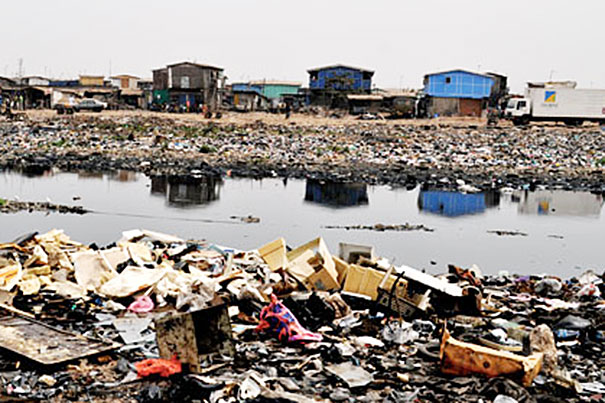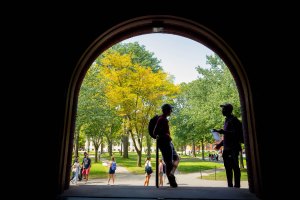Science & Tech
-

Cracking the code of why, when some choose to ‘self-handicap’
New research also offers hints for devising ways to stop students from creating obstacles to success

-
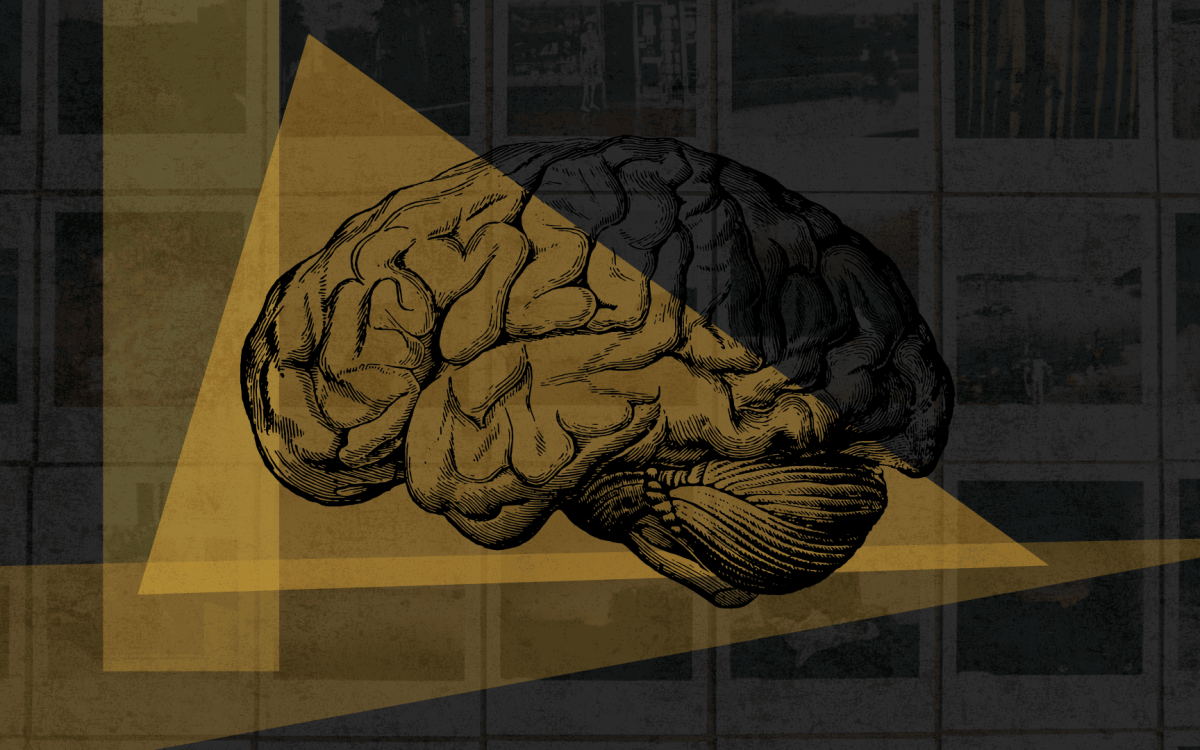
How memory works (and doesn’t)
In podcast, scientists explain why remembering is more reconstruction than replay
-

Mapping our deep-rooted relationship with medicinal plants
Regions with longer histories of human settlement tend to have greater variety, study finds
-
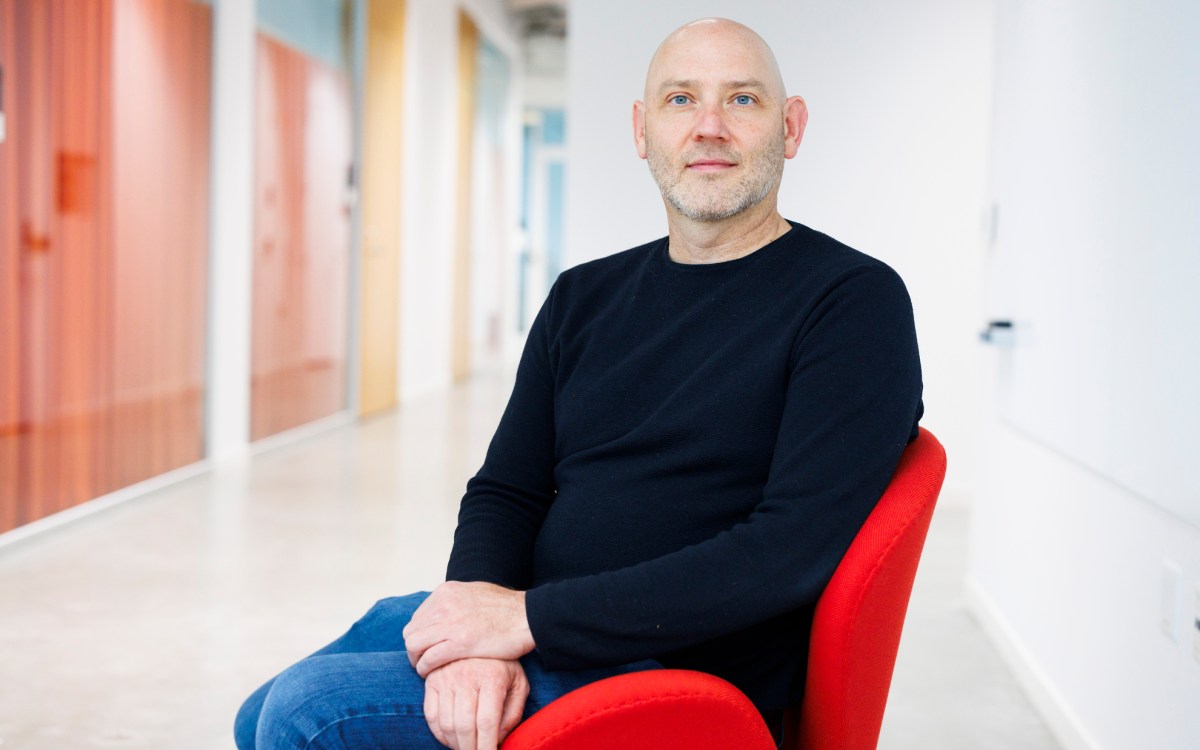
Technically, it’s possible. Ethically, it’s complicated.
Surge in AI use heightens demand for Harvard program that examines social consequences of computer science work
-
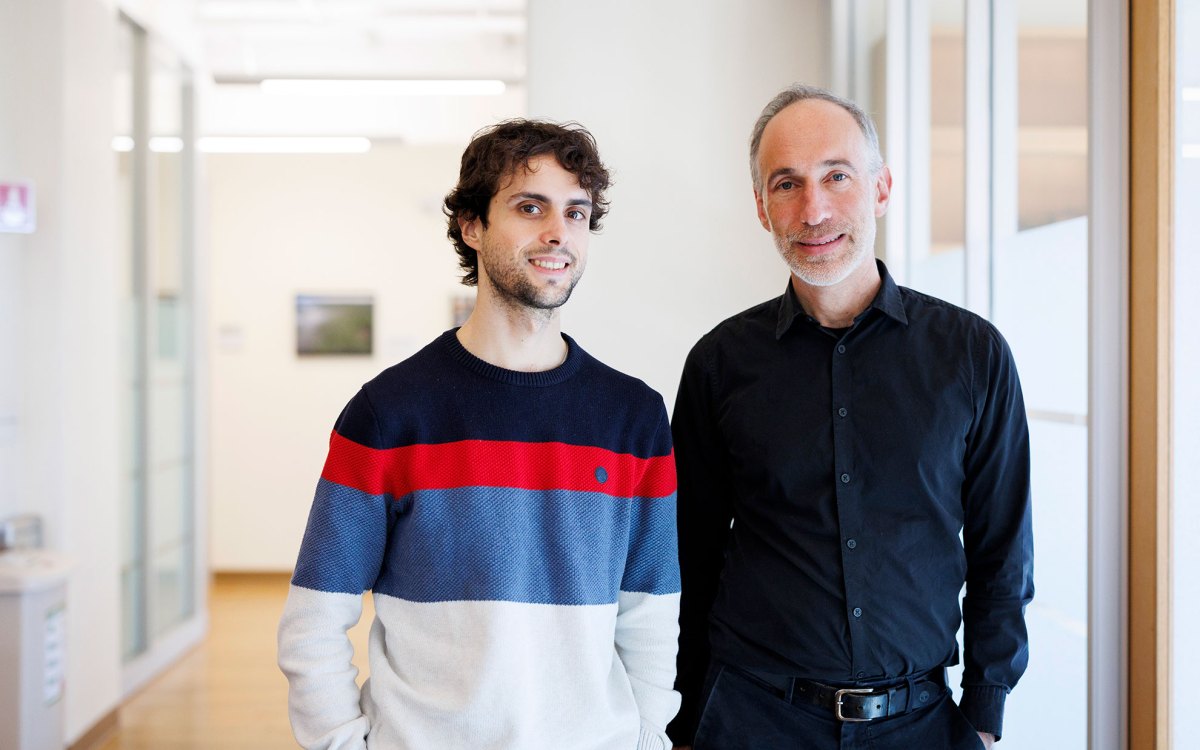
Solving mystery at tip of South America
Study finds previously unknown ancient lineage of indigenous people, which gave rise to surprisingly diverse mix of cultures

-
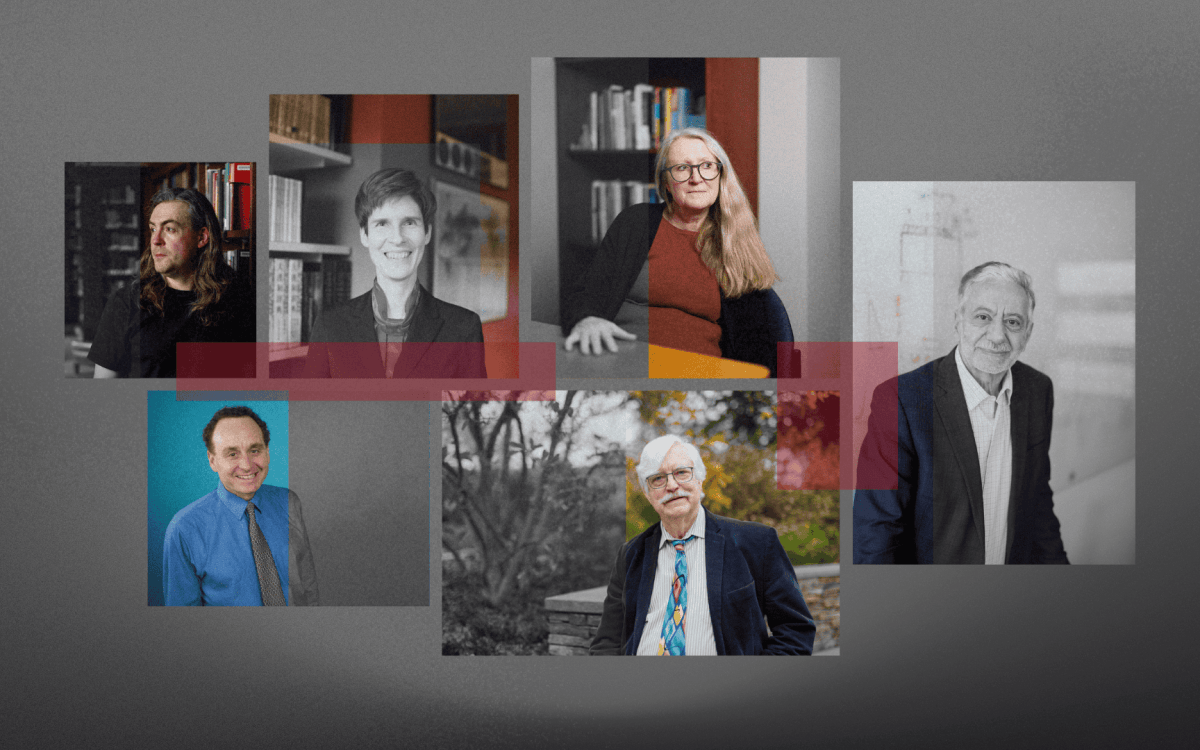
Is AI dulling our minds?
Experts weigh in on whether tech poses threat to critical thinking, pointing to cautionary tales in use of other cognitive labor tools
-
The bees’ needs
Harvard groups support hives, conduct research, and sample honey.
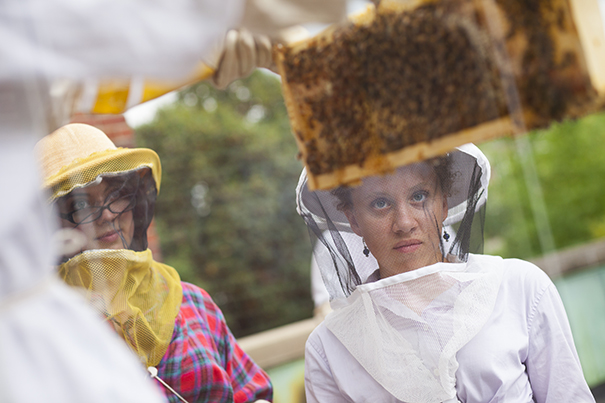
-
‘Chasing Ice,’ and searching for solutions
A screening of the film “Chasing Ice” brought Harvard experts together to discuss innovations in monitoring the glaciers’ retreat and how America can tap its own energy sources.
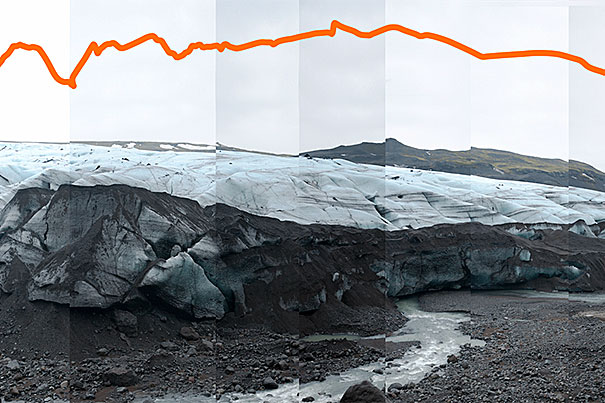
-
A higher plane
Research by scientists in Elizabeth Spelke’s lab suggests our innate understanding of abstract geometry has origins in the evolutionary past.
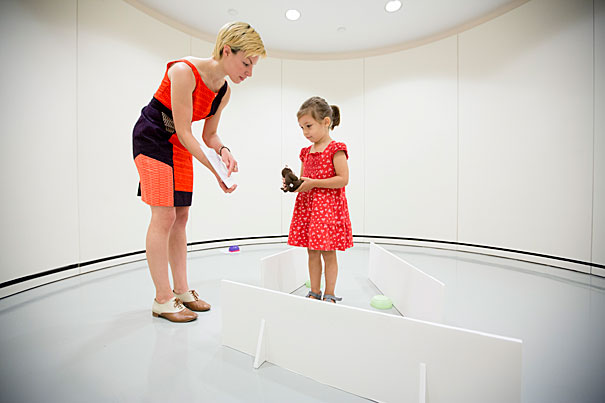
-
Advancing science and technology
The National Science Foundation is awarding grants to create three new science and technology centers this year, with two of them based in Cambridge. The two multi-institutional grants total $45 million over five years.

-
Dawn of a revolution
When Bill Gates came to Harvard as a student, he was known for his myriad interests and unconventional study habits. And then there was his endless fascination with computers, Walter Isaacson writes.
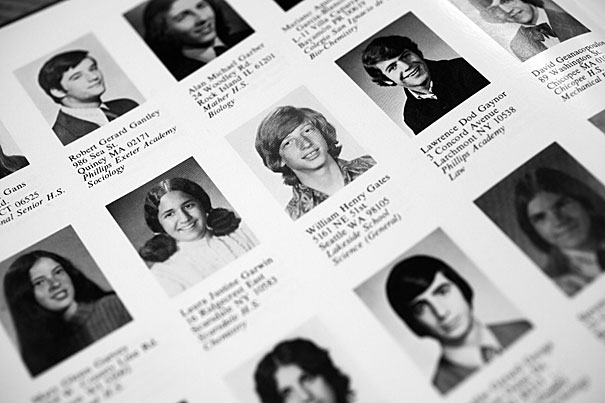
-
Big problems, small solutions
Author and activist Bill McKibben ’82 visited Harvard with a message: In the face of catastrophic climate change, it’s time for overt and energetic civil action.
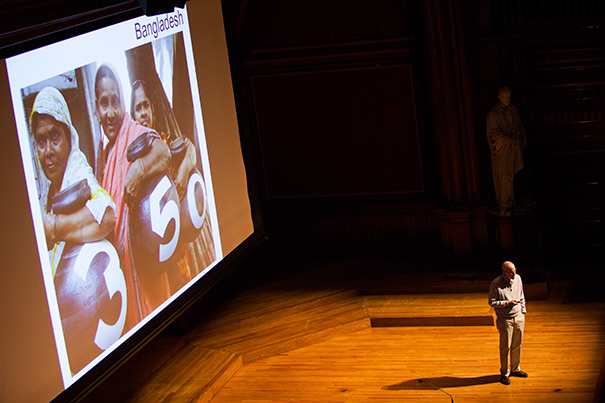
-
The building blocks of planets
Harvard’s Matt Holman, a lecturer on astrophysics, and his collaborators at the Southwest Research Institute in Colorado are piggybacking their research onto a NASA spaceship that is racing to the farthest edges of the solar system to study objects in the far-flung Kuiper Belt.
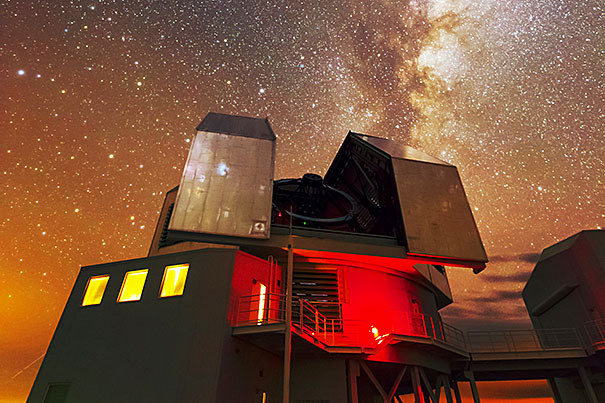
-
Forks, knives, beakers
New York Times columnist Harold McGee and chef Dave Arnold introduced this year’s “Science and Cooking” public lecture series, which runs through December.
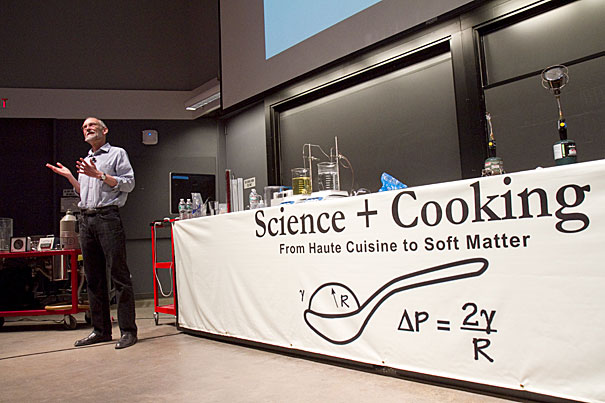
-
Study shows female physicians paid less
A Harvard study provided strong evidence that female physicians are underpaid compared to their male counterparts.
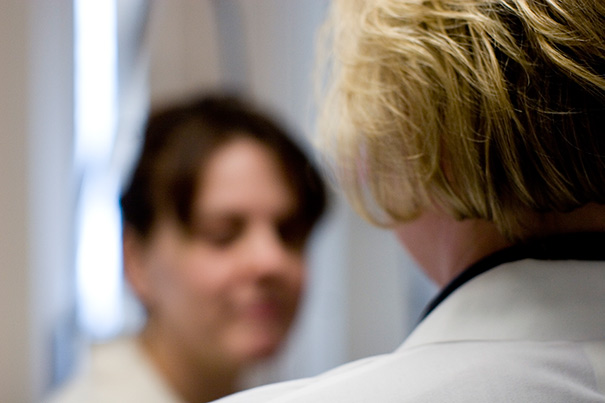
-
Biases that can blind us
Psychology Professor Mahzarin Banaji gave incoming members of Harvard’s Class of 2017 a tour of their own biases, helping to raise awareness that can help them avoid making decisions based on unconscious preferences.
-
Pinched minds
The accumulation of money woes and day-to-day anxiety leaves many low-income individuals not only struggling financially, but cognitively, says Harvard economist Sendhil Mullainathan. In a study featured in Science, he reports that the “cognitive deficit” caused by poverty translates into as many as 10 IQ points.
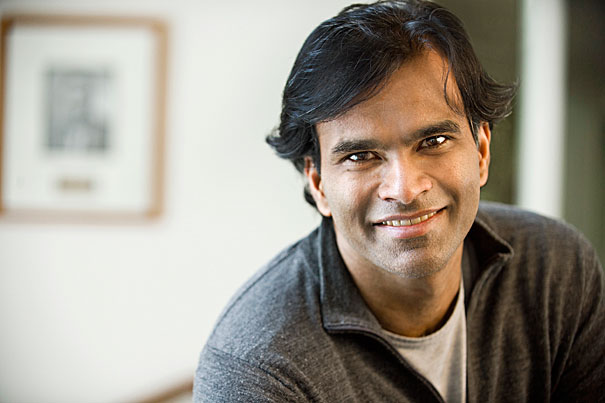
-
Hack attacks, explained
In a question-and-answer session, Jonathan Zittrain, co-founder of the Berkman Center for Internet & Society, explains the latest hack attacks on major news media outlets.

-
Transparent artificial muscle plays music
Using a gel-based audio speaker, Harvard researchers have shown that electrical charges carried by ions, rather than electrons, can be put to meaningful use in fast-moving, high-voltage devices.
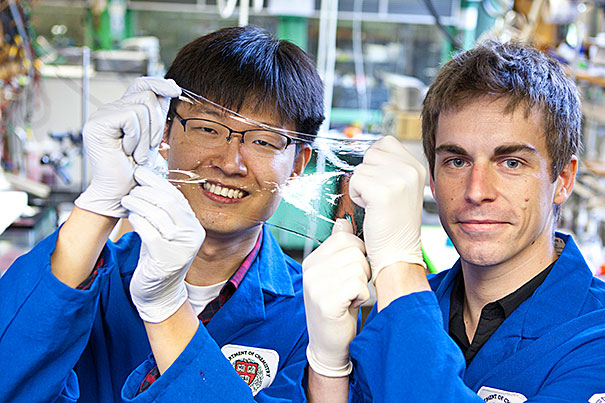
-
Wildfires projected to worsen with climate change
A Harvard model predicts that by 2050, wildfire seasons will be three weeks longer, up to twice as smoky, and will burn a wider area in the western United States.

-
One goal, many players
GoAmazon2014 is part of the Large Scale Biosphere-Atmosphere Experiment in Amazonia (LBA), the largest umbrella for research in the Amazon, which explores everything from social issues to scientific inquiries.
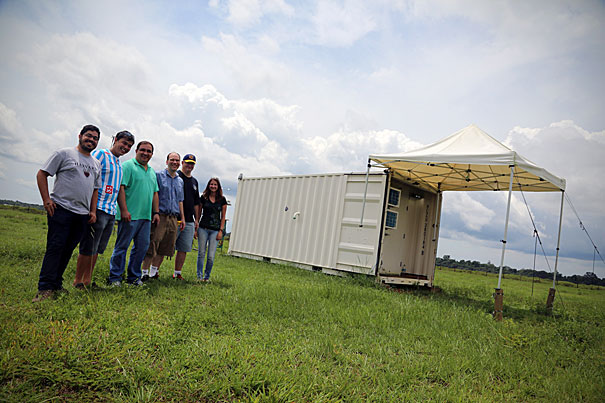
-
Atop the Amazon rainforest
Harvard air chemistry expert Scot Martin is working with the Department of Energy, as well as several international partners, to track how pollution above the pristine Amazon rainforest is changing the climate.

-
Fueling the entrepreneurial spirit
A growing number of Harvard faculty members, fellows, and even students are looking to take their innovative ideas a step further and bring them to the marketplace.
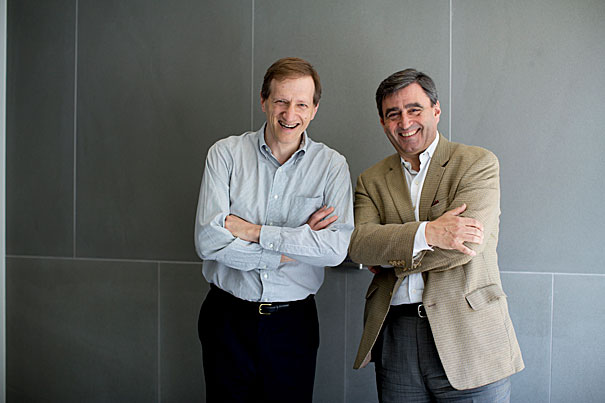
-
Popsicle Earth
A recently published paper says that during the last glacial maximum, more ice than previously thought covered the globe.
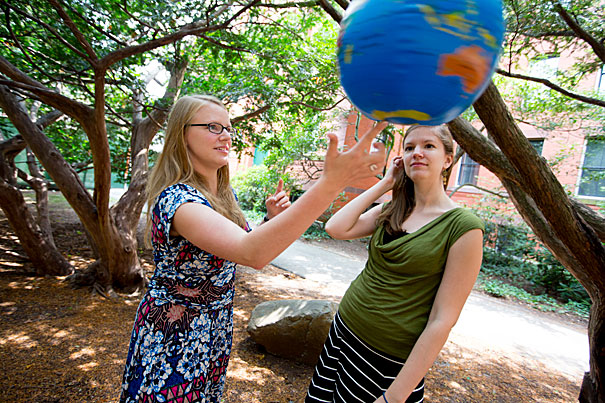
-
Removing indoor pollution
A Harvard School of Public Health graduate and doctoral candidate in environmental health is one of the creative forces behind SolSource, a revolutionary, sun-powered grill designed specifically to reduce pollution inside rural houses.
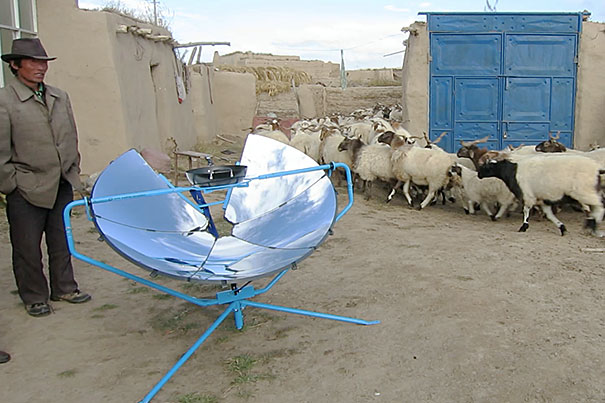
-
Ideas to build on
In the face of a coming century of rising seas, a Harvard design studio opens the door to creative speculation on how to remake the infrastructures of coastline cities.

-
The look of music
A new study by Chia-Jung Tsay, a musician and Harvard Ph.D., examines the power of visual information in evaluating classical music.
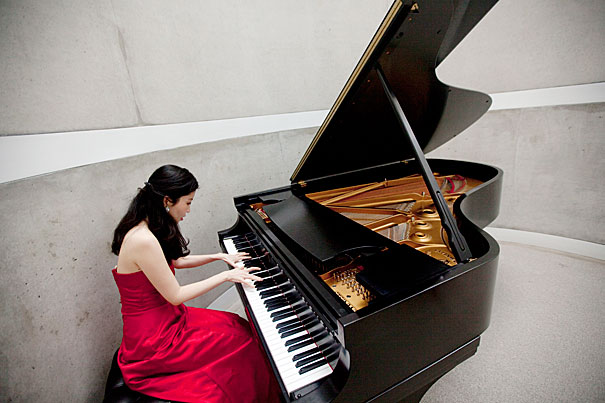
-
Seeds of violence in climate change
Nathan Black, the French Environmental Fellow, is studying how nations fall into civil war during the type of agricultural disruption possible with a changing climate — and what some nations might do to prevent it.
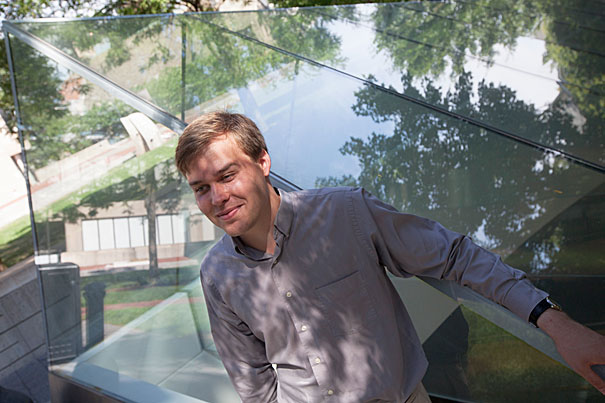
-
Water crisis, made clear
Thirty-one schoolteachers spent four days on campus last week at a workshop put together by Harvard’s regional centers and programs to provide background on the growing global water crisis.
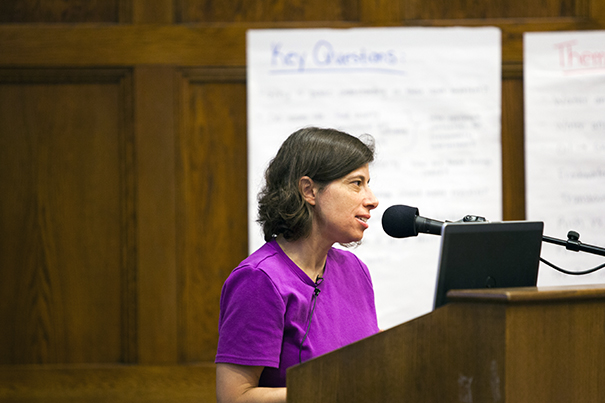
-
Seeing depth through a single lens
Researchers at the Harvard School of Engineering and Applied Sciences have developed a way for photographers and microscopists to create a 3-D image through a single lens, without moving the camera.
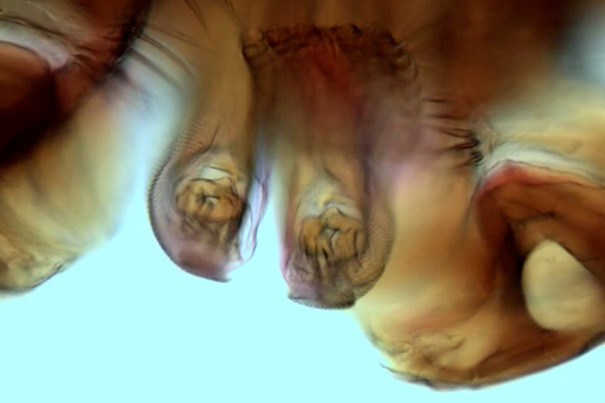
-
New coating creates ‘superglass’
A new transparent, bioinspired coating makes ordinary glass tough, self-cleaning, and incredibly slippery. It could be used to create durable, scratch-resistant lenses for eyeglasses, self-cleaning windows, improved solar panels, and new medical diagnostic devices.
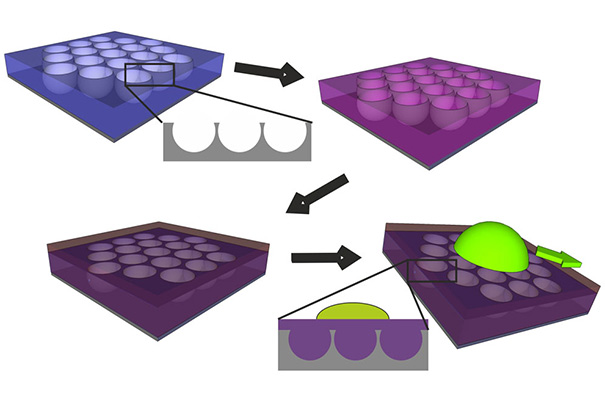
-
A patio space transformed
Envisioning a green space that is as inviting and social as it is operative and effective, students at Harvard’s Graduate School of Design worked last semester to transform a concrete patio space at Gund Hall into a modular system of vegetation and planters that could absorb and purify stormwater.
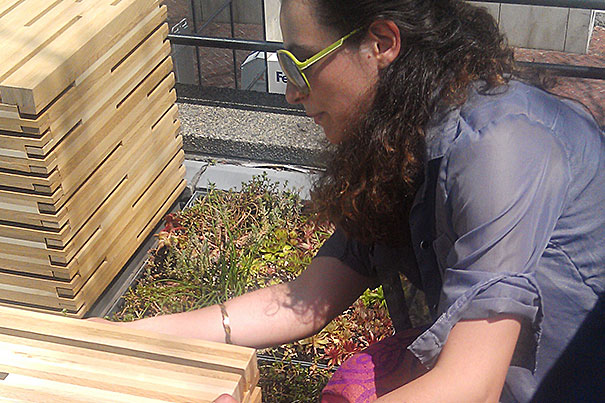
-
Perfecting digital imaging
Despite advances, the best software and video cameras cannot seem to get computer-generated images and digital film to look exactly the way our eyes expect them to. Harvard’s Hanspeter Pfister and Todd Zickler are working to narrow the gap between “virtual” and “real” by asking the question: How do we see what we see?

-
The next gold rush: Outer space?
New observations confirm that colliding neutron stars create short gamma-ray bursts, and such collisions produce rare heavy elements, including gold. Researchers at the Harvard-Smithsonian Center for Astrophysics believe the Earth’s gold likely came from colliding neutron stars.

-
Efficiency in the forest
Spurred by increasing levels of atmospheric carbon dioxide, forests over the past two decades have become dramatically more efficient in how they use water, a Harvard study has found.
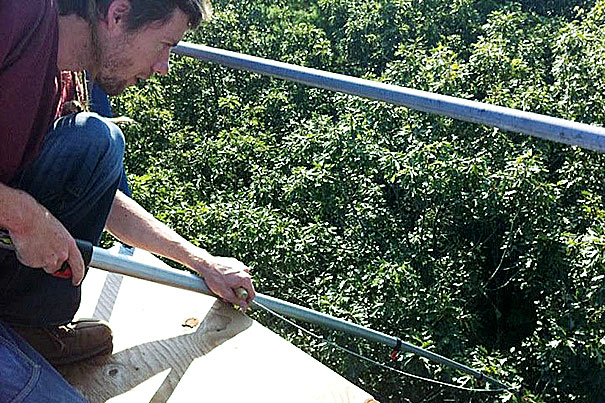
-
Designing a cleaner future
A slum on the outskirts of Accra, Ghana, received major media attention when the world realized it’s where computers go to die. That was when Harvard undergraduate Rachel Field ’12 devoted her senior thesis project to addressing the problem. Her solution was an award-winner.
